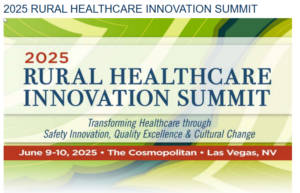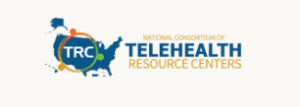March 24, 2025

Register Early and Save: 2025 Rural Healthcare Innovation Summit, June 9-10
The Rural Healthcare Innovation Summit, hosted by Business Research Intelligence Network, brings together rural hospital executives, health system leaders and key stakeholders to explore sustainable solutions for rural healthcare delivery. This forum provides practical strategies for leveraging technology, partnerships and payment innovation to ensure rural healthcare sustainability and growth.
Throughout the two-day summit, participants will examine critical topics including digital health implementation, workforce solutions, value-based care models and strategic partnerships. The program features insights from successful rural healthcare leaders, interactive discussions and focused networking designed to address rural healthcare’s most pressing business challenges.
Attendees will gain actionable strategies for financial sustainability, operational excellence and innovative care delivery models tailored to rural settings. The Rural Healthcare Innovation Summit is essential for rural hospital executives, board members and healthcare leaders seeking to transform their organizations while preserving access to care in their communities.
Key Highlights:
- Rural Healthcare Transformation: New Models for Sustainability,
- Digital Innovation and Virtual Care Access,
- Financial Sustainability Through Alternative Payment Models
- Strategic Partnerships: Expanding Services While Maintaining Independence
- Rural Healthcare Analytics: Converting Data into Strategic Insights
- Workforce Solutions: Innovative Approaches to Talent Acquisition and Retention
- Network Development and Management in Rural Markets
- Emergency Services and Critical Access Models
- Rural Hospital Board Governance: Leading Through Transformation
- Capital Planning and Investment Strategies for Rural Providers
- Service Line Optimization: Making Strategic Choices
- The Future of Rural Healthcare
When: June 9-10, 2025
Where: The Cosmopolitan, Las Vegas, NV
Click Here to Request Brochure
Click Here to Visit Conference Website








